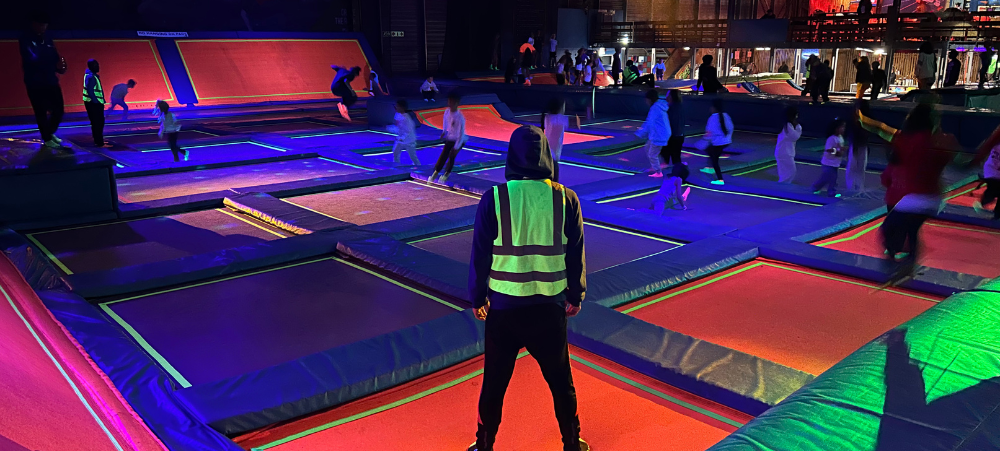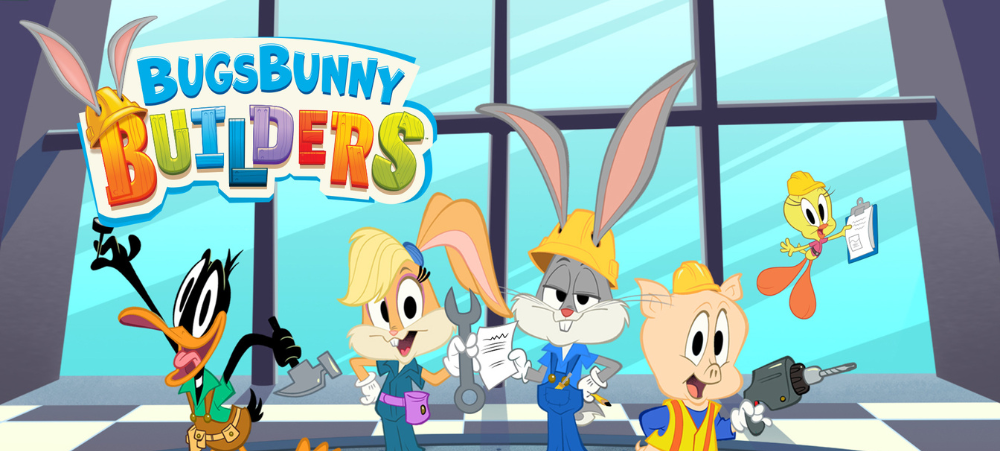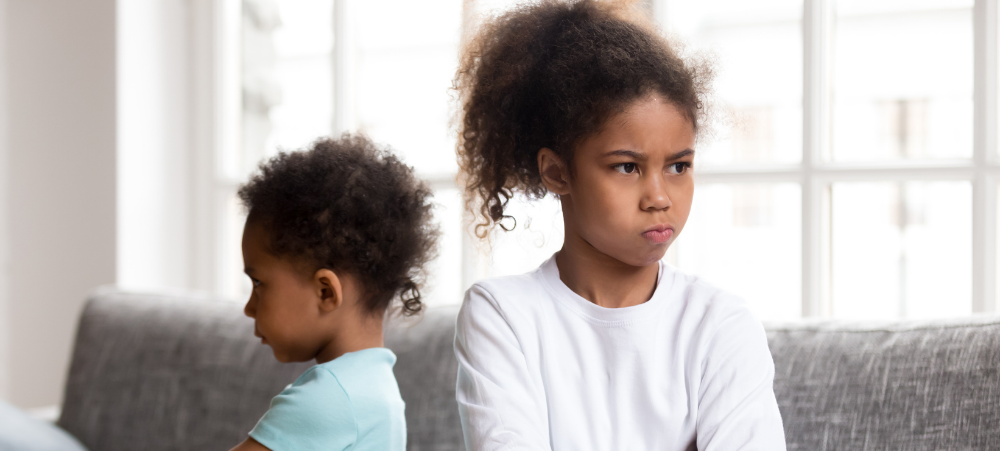
Reflecting on Parenting Goals: Seven Meaningful Ways to Reset Before the Holiday Season
As families prepare for South Africa’s big holiday season, Dibber International Preschools is encouraging parents to take a mindful pause and reflect on their parenting goals. According to Ursula Assis, Country Director of Dibber South Africa, creating space for reflection during this busy period can bring renewed balance, intention, and joy into family life. “Reflection isn’t about judging what we did right or wrong, it’s about recognising growth, reconnecting with what matters most, and creating the kind of home environment where both children and parents can thrive,” says Assis. “The holidays are a perfect opportunity to do this together as a family.” Below, Assis shares seven gentle yet practical techniques to guide parents as they reflect on their parenting journey before the new year begins. 1. Take Care of Yourself First A child’s emotional balance often mirrors that of their caregivers. When parents take time to rest and recharge, it positively influences the tone of the household. Whether it’s hiking scenic trails in Pretoria, enjoying a family picnic at Zoo Lake, or simply playing board games indoors, moments of calm connection help restore harmony. 2. Avoid Over-Planning While planning is helpful, over-scheduling family activities can create unnecessary stress. Assis advises parents to “allow for flexibility and spontaneous moments of joy.” Unstructured time often brings the most meaningful family connections. 3. Pause and Reflect Before the festive rush takes over, take a quiet moment to think about your year in parenting. Ask questions like, “When did I feel most connected to my child?” and “What challenges helped us grow?” This mindful reflection nurtures self-awareness and strengthens family bonds. 4. Celebrate Small Wins Not every success needs to be big. Noticing your child’s daily progress—like sharing a toy or learning a new word—builds confidence and gratitude. “Acknowledging these small victories boosts your child’s self-worth and reinforces positive parenting habits,” says Assis. 5. Listen to Your Child’s Perspective Children experience the world differently. Invite them to share their thoughts about the year – what made them happy, what they’d like to do more of. “Listening to your child’s perspective teaches empathy and makes them feel valued,” Assis notes. 6. Set Realistic Goals for the New Year Ambition is good—but so is balance. Instead of overwhelming children with lofty expectations, focus on achievable goals. “When children see consistent encouragement rather than pressure, they develop confidence and resilience,” says Assis. 7. Create New Family Traditions Turn reflection into a shared family ritual—like everyone sharing one thing they’re grateful for at the Christmas table or during a beach braai. These small acts foster connection, mindfulness, and appreciation that last long after the holidays end. “When we pause and reflect with love and curiosity,” Assis concludes, “we set the stage for more mindful parenting—and a happier, more harmonious start to the year ahead.”







